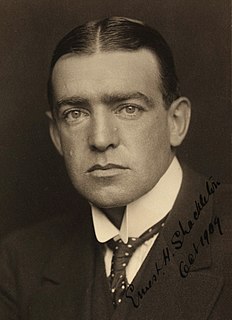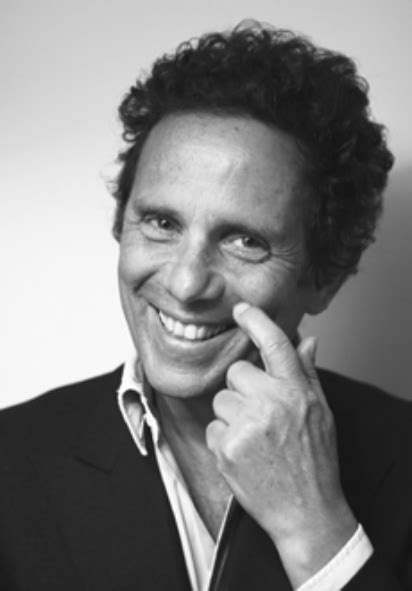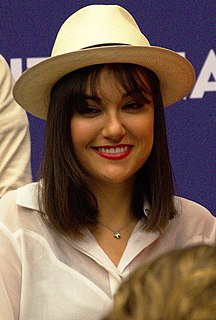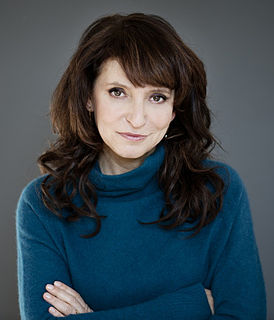A Quote by Billy Collins
Part of writing is discovering the rules of the game and then deciding whether to follow the rules or to break them. The great thing about the game of poetry is that it's always your turn - I guess that goes back to my being an only child. So once it's under way, there is a sense of flow.
Related Quotes
...once the cards are dealt we turn them up in turn, and make two piles each, one red, one black; the winner has the biggest pile of red ones. So once the cards are dealt the game is determined, and from any position in it you can derive all others back to the deal and forward to win or draw. ...in relation to the solar system..., the laws are like the rules of an infantile card game.... But in relation to what happens on and inside a planet the laws are, rather, like the rules of chess; the play is seldom determined, though nobody breaks the rules.
Life to me is the greatest of all games. The danger lies in treating it as a trivial game, a game to be taken lightly, and a game in which the rules don't matter much. The rules matter a great deal. The game has to be played fairly or it is no game at all. And even to win the game is not the chief end. The chief end is to win it honorably and splendidly.
If you go to a master to study and learn the techniques, you diligently follow all the instructions the master puts upon you. But then comes the time for using the rules in your own way and not being bound by them....You can actually forget the rules because they have been assimilated. You are an artist. Your own innocence now is of one who has become an artist, who has been, as it were, transmuted.... You can't have creativity unless you leave behind the bounded, the fixed, all the rules.







































